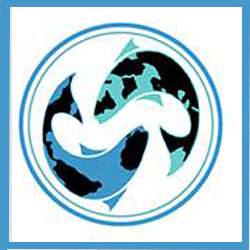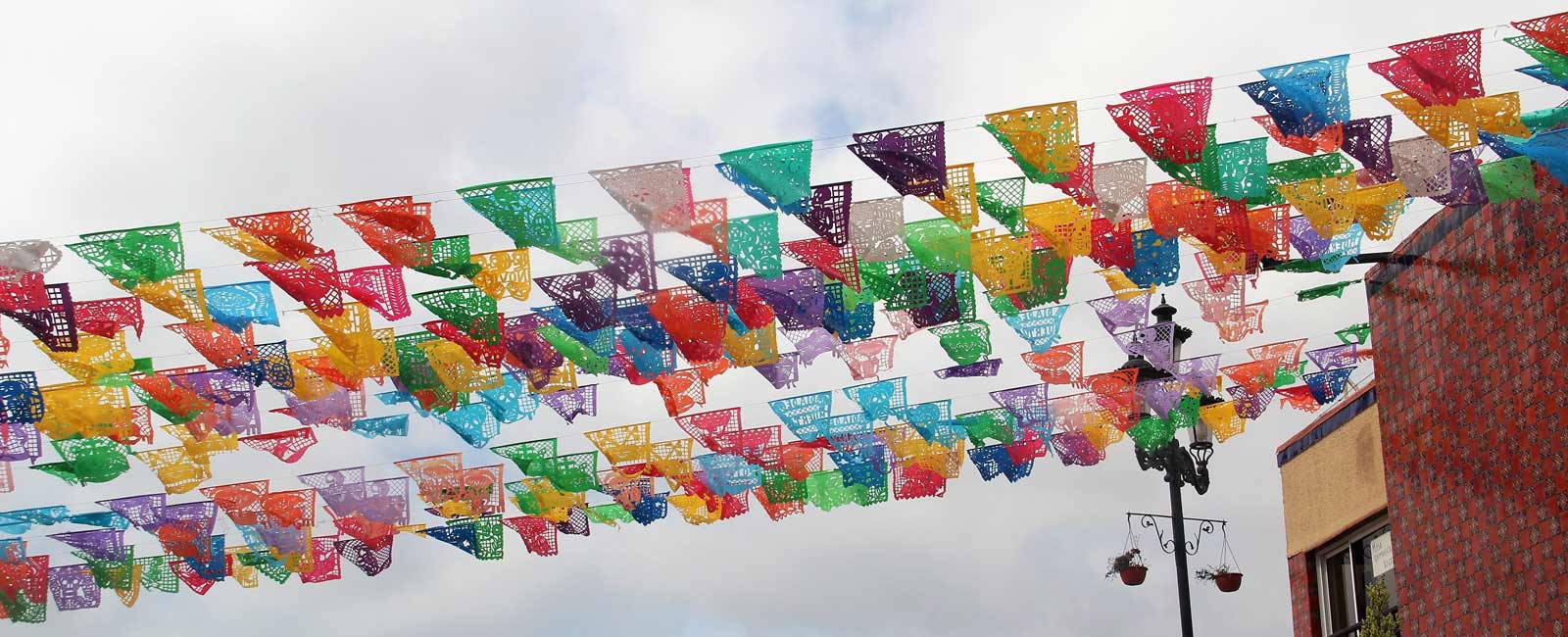
Wednesday, January 15, 2014
What Rwanda Did Right
Nineteen years after the genocide, Rwanda is one of the least corrupt countries in Africa. How did it happen?
I almost didn’t see the roadblock in time to stop. It was early afternoon, but it was dark as dusk in the rainforest, with low inky clouds hovering over the treetops, releasing a wild downpour. The windshield wipers couldn’t keep up. It was hard enough to make out the road ahead, and the roadblock was understated—just a narrow line of rope strung a few feet above the pavement—as if it were intended to be invisible. This was in southwestern Rwanda, in May 1995, one year after the genocide in which nearly a million people were massacred by their fellow citizens in a hundred days. After the slaughter, most of the army and militias of the genocidal regime had fled to neighboring Zaire (now the Democratic Republic of the Congo), which is where I was heading with my friend Annick on a reporting trip. I hadn’t really felt how alone we were there until Annick remarked, “Yah, it’s a roadblock,” as if, in her stolid Dutch way, she’d been making a leisurely study of the rope that I hadn’t yet noticed. “Yah,” she said. “I really think it’s good to stop so they don’t shoot us.”
The scene was pretty much the distillation of the popular Western image of third world terror: As I hit the breaks, a half dozen men emerged from the trees on either side of us, gaunt figures moving slowly and silently, dressed like outlaws from a Clint Eastwood western in dark, dripping slouch hats and ankle-length coats but with Kalashnikovs. It was unnerving, but I knew from experience that in a typical military police state, there was a ritual to de-escalating such encounters, a drawn-out negotiation at the end of which you would hand over a pack of cigarettes or a couple dollars’ worth of local banknotes and they would let you pass. Your hostage crisis had just become a tollbooth. What made life in such a system most oppressive was not the possibility of violence so much as the certainty of corruption.
Although I had been in Rwanda for only a few weeks when I came to the roadblock in Nyungwe, I also knew that things tended to work differently there. During the genocide, roadblocks had functioned throughout the country as killing stations, where people slated for death were collected and butchered. Yet if these men with guns weren’t infiltrators but soldiers of the Rwandese Patriotic Front (RPF)—the rebel movement that brought the genocide to an end and has run the country since—I was almost looking forward to seeing how they’d conduct themselves. The RPF was ruthless when it deployed violence, but it was also known for ruthless discipline, and as the new leadership established control, it promised that the bribery and corruption that defined so much of the public’s interaction with officialdom throughout central Africa would be a thing of the past in Rwanda.
A finger tapped at my window, and I opened it. A soldier leaned into the car and asked for our passports. The other men stood at the edge of the forest watching. They could’ve done anything they wanted with us; that was understood. And they had nothing. They were unpaid, barely supplied with food and sleeping rough under lean-tos made of jungle foliage. We had cameras, computers and cash, and we had a carton full of food, a case of bottled water, whiskey, cigarettes—and a decent shortwave radio.
The soldier with our passports poked through my luggage. When he opened Annick’s bag, she said, “It’s not very nice to go through a lady’s things.” He stepped back and said,“Sorry.” There were more questions: where we were going, where we were coming from, if we were married, why not, if Annick was married to someone else, why not. Then he gave us back our passports. “It’s okay,” he said, and the rope was lowered.
By contrast, at the crossing into Zaire the next day, I had to pay at least six bribes. The entry procedure was an assembly line of graft. Each predatory official—the immigration man, the customs man, the policeman, the military man, the motor vehicle man and the public health man—sat in his own little shack and demanded a payoff: $10, $20. The customs man was efficient: Instead of inspecting our car or our luggage, he flipped open a briefcase on his desk and shifted it so that we could see a big handgun inside. He took our money and got out his rubber stamp and sent us on to the motor vehicle man.
“Spare tire?” the motor vehicle man asked. I showed him the spare tire. “Just one?” he said.“Oh, that’s very serious. This is a country of laws. You can’t just come in here and trample them.” And so on. The two-spare-tire law didn’t exist, of course; but as he developed the fictional device, he came to believe in it and worked himself into a frightening state of outrage at my noncompliance. I asked him how much it would cost for a waiver, and he cheered up considerably: “Well, it’s very serious, but I think it can be arranged.”
Nearly 20 years later, the Democratic Republic of the Congo remains a desperately corrupt country, very nearly as bad as when it was Zaire. Rwanda, meanwhile, has shot up the rankings on the world Corruption Perceptions Index of the watchdog group Transparency International to win the title, in 2013, of second-least corrupt country in Africa. It stands ahead not only of its neighbors and most of Asia and South America, but also such European countries as the Czech Republic, Italy and Turkey.
So what is it about Rwanda? The country has established a strong tax base; been ranked one of the most improved countries on the World Bank’s Ease of Doing Business index since 2006; privatized parastatal industries; and streamlined immigration procedures to facilitate its burgeoning tourism industry and attract investors and skilled employees from around the continent and abroad. At the same time the RPF government has made tremendous strides in reducing extreme poverty and in establishing nearly universal public education and health care. And yet nearly half the population continues to subsist in extreme poverty, and with the exception of a very thin upper-economic crust, the sheer financial need—to say nothing of greed—of Rwandans is no less than it is elsewhere. In fact, there have been a number of high-profile corruption scandals in Rwanda recently, implicating public figures in the pocketing of public resources—including a fund for needy genocide survivors. But we know these stories because they have been investigated, exposed, and the offenders have been held to account. They are told as stories of progress.
Corruption is not always at odds with efficiency—at least in the short term. One of the main reasons people say they give bribes is to expedite transactions. Last summer a Congolese colleague told me he was driving to Rwanda when I was there, and we fixed a time to meet. He arrived three hours late. I expected to hear the usual story about being held up on the Congolese side of the border, but no; with a fistful of dollar bills, he had breezed through there in record time. “It’s knowing I can’t pay off the highway patrol in this country that slowed me down,” he said. “Rwanda’s crazy—it’s too correct!”
I’ve heard similar complaints from Rwandans. They know that the traffic policeman, the court official or the immigration officer would all enjoy the extra income that graft brings their counterparts next door in Tanzania or Uganda. And I’ve heard it suggested that Rwandans are simply governed by greater fear within a more controlling state than their neighbors. But some of the most authoritarian states in history have been among the most brutally corrupt. In fact, corruption breeds fear and runs on it: In a corrupt system you always have to pay some higher extortionist for the protection needed to keep extorting those below you.
Corruption—or the lack of it—is never just a matter of money. It’s also a reflection of the public’s sense of the overall fairness or unfairness of a society, and perhaps above all, it’s a measure of the public trust. Not long ago, the highly respected World Values Survey found, much as Transparency International did, that Rwandans expressed exceptionally high confidence in their police, courts, parliament and other public institutions, and the Gallup organization’s Global States of Mind report found that of all the peoples on earth, Rwandans were the most likely to feel safe. Reading such figures, and considering the individual and social trauma of the genocide, you might wonder whether Rwandans just have a habit of responding with exaggerated enthusiasm to surveys. But there’s one statistic that casts all the rest in a different, more meaningful light: According to the World Values Survey, Rwandans’ extraordinarily high level of trust in public institutions is matched by their extraordinarily low trust of one another. Only 5 percent of Rwandans believe that “most people can be trusted.”
Such extreme distrust of one’s fellow citizens is a powerful indicator of the genocide’s enduring poison. If it were not equaled by extreme trust in the public sphere, there would be nothing to hold the society together. Resisting corruption then becomes what corruption is in societies where the public trust is broken: a survival strategy.
By Philip Gourevitch
Oct-2013
Philip Gourevitch is a staff writer for The New Yorker. His second book on Rwanda will be out next spring from Penguin.
Education Travel,education travel tours,educational field trips,Educational travel programs,Global Community,Global Education,Peace Works Travel,Peace Works Travel,Power to the Peaceful
